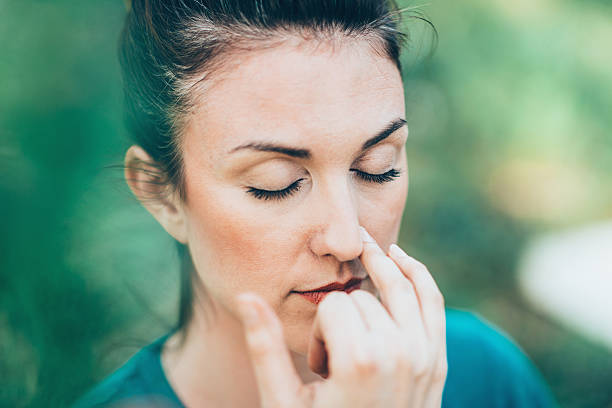Building resilience through small social routines and community ties
Small, repeatable social routines and local community ties can be a practical foundation for emotional resilience. Simple shared habits—like brief daily check-ins, walking groups, or regular shared meals—help regulate stress, support recovery, and make healthy practices such as mindfulness, sleep, and movement easier to maintain over time.

Everyday social routines and local community ties provide accessible scaffolding for resilience. When people weave small, repeatable behaviors into their social life—short check-ins, weekly walks, or shared mealtimes—they create predictable cues that reduce uncertainty and lower stress. These interactions reinforce individual habits such as mindfulness or breathwork, make prioritizing sleep and nutrition easier, and help conserve energy for recovery and restoration during demanding periods.
This article is for informational purposes only and should not be considered medical advice. Please consult a qualified healthcare professional for personalized guidance and treatment.
How can routines support resilience and stress?
Consistent social routines build a sense of predictability that calms physiological stress responses. A daily greeting, a short team huddle, or a scheduled call with a friend acts as an external anchor that signals safety to the nervous system. Over time, these anchors make it easier to maintain restorative behaviors—regular sleep schedules, planned downtime, and focused work blocks—which together strengthen resilience and reduce the likelihood that stress will escalate into chronic strain.
How do mindfulness and breathwork affect mood?
Mindfulness and breathwork are brief, evidence-informed practices that regulate arousal and improve mood when used consistently. Practicing a two-minute breathwork exercise before a shared meeting or a guided mindfulness pause during a group break can lower heart rate variability and sharpen attention. When these practices are embedded in social routines—offered as part of a class, at the start of community events, or shared between friends—people are more likely to adopt them, and their cumulative effect on mood and concentration grows.
How do sleep and recovery influence cognition?
Sleep quality and deliberate recovery are central to cognitive performance. Social routines that protect night-time habits—such as agreed quiet hours among roommates or shared reminders to wind down—support better sleep onset and duration. Consistent sleep improves concentration, memory consolidation, and decision-making, while intentional recovery periods reduce cognitive fatigue. Community norms that value rest help normalize restorative behaviors and reduce barriers to prioritizing sleep for improved cognition.
How do nutrition and movement sustain energy?
Shared meals and group movement sessions integrate nutrition and activity into social life, lowering the effort required to sustain healthy habits. Eating with others tends to slow pace, encourage balanced choices, and improve digestion, while short communal walks or movement breaks increase daily activity and alertness. These small, social prompts make it easier to maintain steady energy across the day and support cognitive clarity without requiring major lifestyle overhauls.
How can habits and routine prevent burnout?
Micro-habits embedded in social contexts distribute responsibility and create recovery windows that protect against burnout. Regular check-ins, rotating task ownership, and brief decompression pauses allow people to surface stress early and reallocate workload before exhaustion accumulates. By normalizing rest and mutual support, these routines reduce stigma around taking breaks and preserve concentration and performance over the long term.
How do community ties improve relaxation and sleep quality?
Community ties deliver both emotional support and practical cues for relaxation. Rituals such as neighborhood quiet times, group relaxation sessions, or evening catch-ups signal permission to wind down and can reduce late-night stimulation. Social encouragement for healthy sleep behaviors and shared routines around bedtime help improve sleep quality, which in turn supports mood stability, energy restoration, and better cognitive functioning during waking hours.
Conclusion Small social routines and strong community ties turn resilience into a shared practice. By linking mindfulness, breathwork, sleep, nutrition, movement, and routine with everyday social interactions, people create sustainable habits that support focus, energy, and recovery. These low-effort, community-based strategies reduce the friction of behavior change and help maintain mood and cognition through routine support rather than relying solely on individual willpower.





